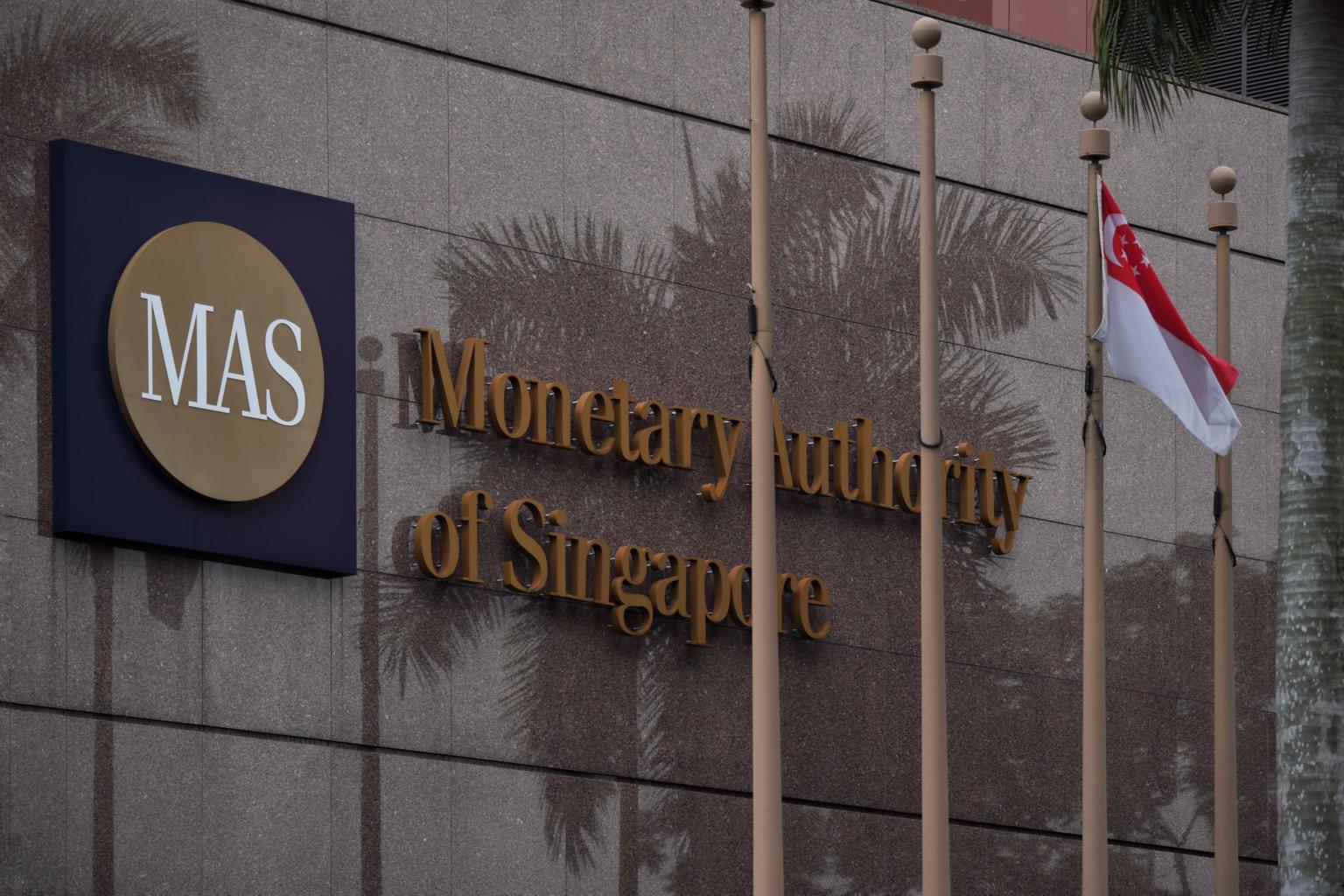MAS expected to keep Singdollar policy unchanged amid growth risks from Covid-19
Sign up now: Get ST's newsletters delivered to your inbox

MAS said its accommodative stance will remain appropriate for some time.
PHOTO: ST FILE
Follow topic:
SINGAPORE (REUTERS) - Singapore's central bank is expected to leave monetary policy on hold at its April review, economists said, as the trade and finance hub's economic growth remains susceptible to risks from the Covid-19 pandemic that is still raging globally.
All 15 economists in a Reuters poll expect the Monetary Authority of Singapore (MAS) to keep its exchange-rate based policy settings unchanged at its bi-annual meeting due on or before April 14.
"The downside risk persists amidst multiple waves and variants of Covid-19 causing havoc around the world," said Mr Prakash Sakpal at ING. "Hence any tightening or a shift to the S$Neer (Singapore dollar nominal effective exchange rate) appreciation policy at the moment is likely to be premature."
Singapore's central bank manages monetary policy through exchange rate settings, letting the local dollar rise or fall against the currencies of its main trading partners within an undisclosed band. It kept policy unchanged at its last review in October, and said its accommodative stance will remain appropriate for some time.
Singapore, which has brought its local virus situation under control and is rolling out vaccinations, is on a gradual recovery path after it marked its worst-ever recession last year. But analysts say external demand and the reopening of international borders are key to growth.
In February, it set aside a further $11 billion for Covid-19 support measures, extending last year's unprecedented fiscal response of nearly $100 billion.
Still higher core inflation, which turned positive in February for the first time in a year, and an improvement in economic momentum as vaccinations progress globally could open the door to a tightening as early as October, seven economists said.
"We think there is some risk of an inflation overshoot in the coming months," said Maybank Kim Eng economist Chua Hak Bin. "We are ascribing a 30 per cent probability of an MAS shift at the October meeting to a slight appreciation bias in the S$Neer band."

